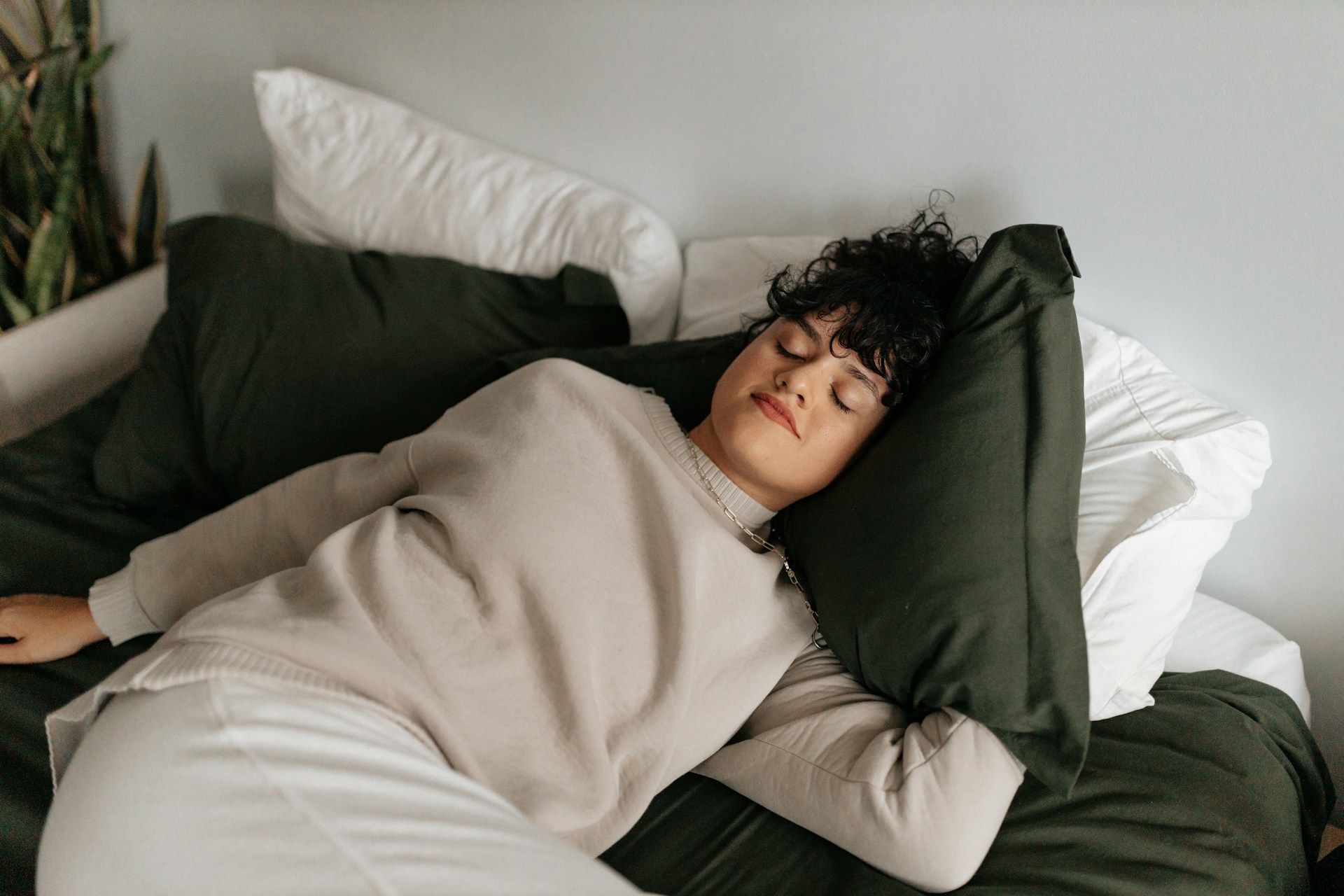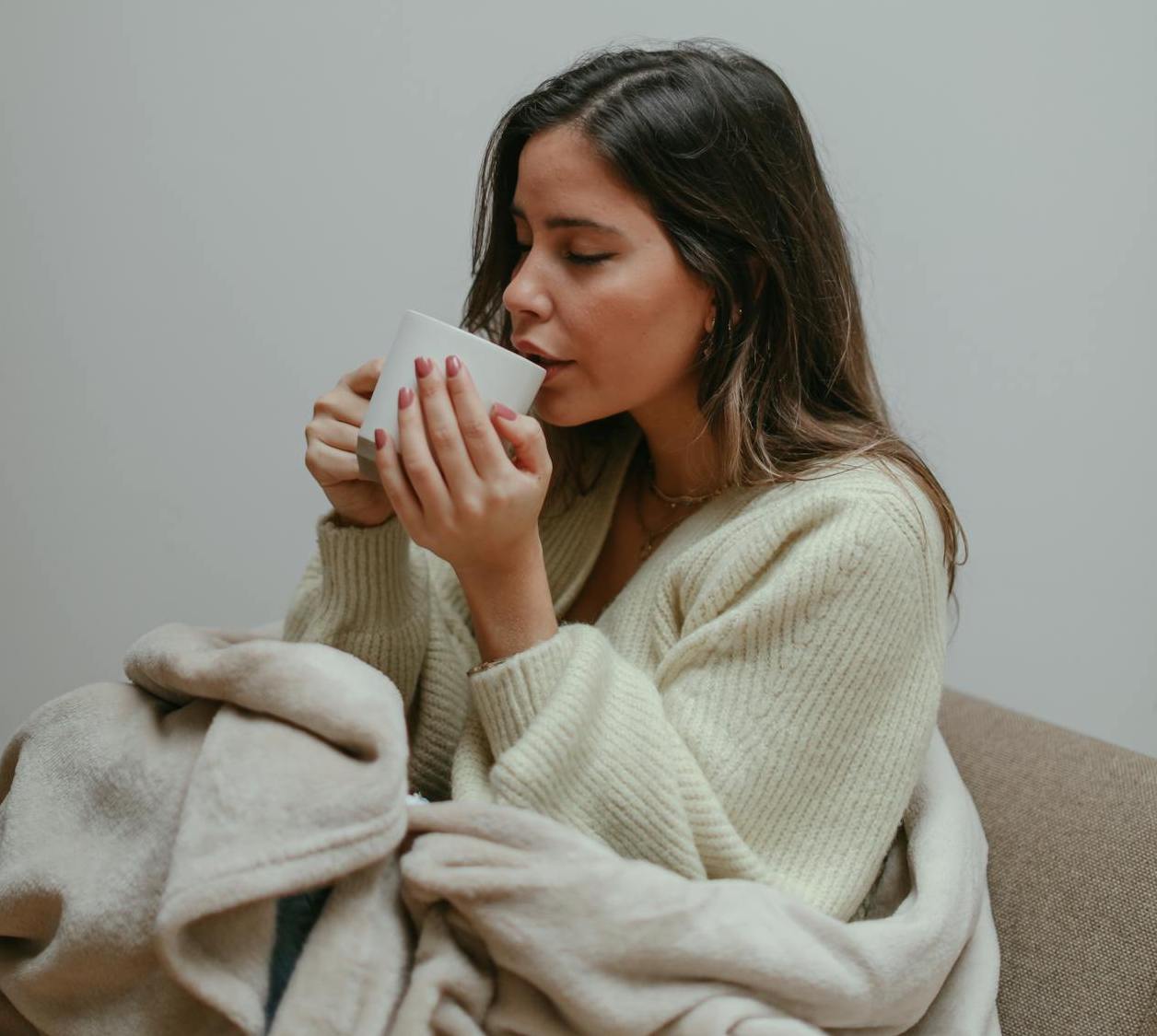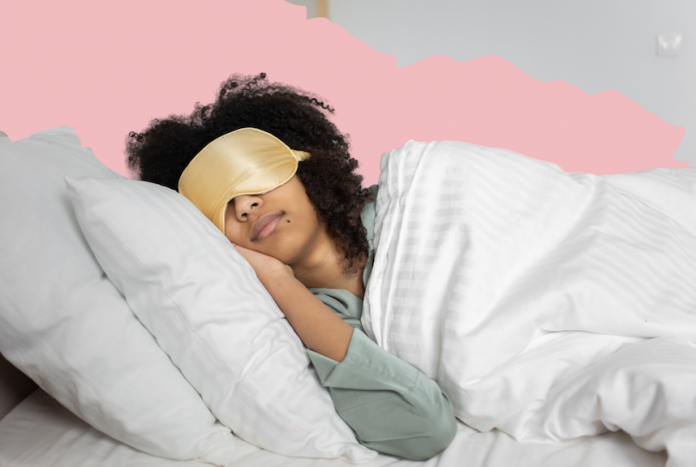We are a nation of sleep-deprived souls. A 2020 report by the University of Southampton revealed that one in four of us suffer from sleep problems, though that figure, we imagine, could be significantly higher. Perhaps some particularly tired folk forgot to respond to the survey…
As we type this with tired fingers and read it through tired eyes, we sympathise wholeheartedly, but this isn’t something we should just shrug and accept; regularly missing out on those invaluable 7 to 9 hours of sleep can lead to serious health problems, including diabetes, depression, obesity and heart disease. Simply put, regular bad sleep has been shown to shorten life expectancy.
Increasingly, people are looking for solutions to their lack of sleep beyond simply lying there staring at the ceiling and praying it comes. In fact, many have found solace in natural sleep supplements, which have the potential to soothe and relax you in the run-up to bedtime. Here, we explore some of our favourites; here we clutch a handful of natural sleep supplements that may actually, you know, help us get better sleep. We’re not planning to take them all at once, of course! Anyway…
Melatonin
Melatonin is a naturally occurring hormone in your body that helps regulate your sleep-wake cycle. To avoid disrupting your body’s production of the good stuff, there are a few lifestyle and routine changes you can enact to ensure that you’re producing melatonin in a way which is supportive of your circadian rhythm and sleep.
As the Sleep Foundation so succinctly put it, ‘’Darkness prompts the pineal gland to start producing melatonin while light causes that production to stop…In doing so, it facilitates a transition to sleep and promotes consistent, quality rest.’’
Perhaps the worst thing you can do, then, if you’re awake in the night, is to reach for your phone to scroll and swipe in the dark. This will stimulate melatonin production and confuse your brain into thinking it’s morning; you don’t want that.
Alternatively, melatonin is available in supplement form and is NHS approved for short-term remedying of insomnia and jetlag. Available for prescription only and generally reserved for treating sleep problems in adults aged 55 and over, the NHS say that ‘’You can take a manmade version of melatonin for short-term sleep problems (insomnia). It makes you fall asleep quicker and less likely to wake up during the night. It can also help with symptoms of jetlag.’’

Dried Jujube
The jujube is a small tree native to China that bears oval fruit, which, when dried, look like dates. The dried form has been used in China for millennia, as it’s believed that its seeds can help promote better sleep. They might be on to something, you know; studies have shown that jujube can extend the duration of sleep in mice.
What’s more, the sweet smell produced from the tree is even said to make teenagers fall in love! Although as the old saying goes, ‘’a ruffled mind makes a restless pillow’’, so perhaps it might be wise to approach the jujube with a little caution.
Herbal Teas
As we’re sure you’re aware, caffeine, the active ingredient in coffee, can cause problems with the production of that all important melatonin, too, owing to its stimulant qualities.
Accordingly, it’s best to keep your caffeine intake low or non-existent if you’re struggling with insomnia. If you’re in need of a helping hand to help you nod off and still savour a warm drink just before bed, then consider adding a cup of herbal tea to your routine. Not only is a mug of the good stuff the perfect accompaniment to a bedtime read, but sleepy tea can also help foster a calming bedtime experience that promotes sleepiness in tandem.
Then, of course, there’s the ingredients, some of which are said to have a soothing, relaxing effect on body and mind. Modern research backs up these claims, with common inclusions like chamomile, valerian root and lemon balm shown to have some potential in inducing those Zzzeds.
If you’re really struggling to fall back to sleep, some suggest getting up, making yourself a cup of herbal tea, and drinking it calmly before re-entering your bed and hopefully, sleeping.

L-Theanine
Speaking of tea (and acknowledging the presence of caffeine in a cuppa), if you’re looking to unwind after a stressful day, what can beat a cup of tea for comfort? Not much, according to science, which has identified a reason beyond the restful ritual; tea contains an amino acid, L-Theanine, which is said to help you feel calmer.
And this marvellous amino acid L-Theanine can help reduce heart rate and inhibit the release of the “stress hormone” cortisol, which we mentioned earlier can seriously mess with your sleep. Research demonstrated that L-Theanine created ‘a sense of relaxation’ approximately 30-40 minutes after ingestion. As if we needed any excuse to pour another brew! L-Theanine can also be bought in capsule form, for those keen to avoid the associated caffeine of a cuppa just before bed.
Indeed, L-Theanine is often just one ingredient in composite sleep supplements. Finding a sleep aid that will work for you can be overwhelming as there are a lot of brands out there and claims and counterclaims being made. Many people are also apprehensive in terms of the stigma around ‘sleeping pills’. However, companies like Diso offer a range of tongue-dissolvable sleep supplements, all of which are created with pure ingredients derived from natural extracts like the ones listed here.
Magnesium
Magnesium, a mineral with a myriad of biological roles, is often hailed as a sleep saviour for the restless. It’s involved in over 300 enzymatic reactions in the body, including those that help regulate the neurotransmitters that send signals throughout the nervous system. A deficiency in magnesium has been linked to troubled sleep and insomnia, so topping up your levels could be the nudge your body needs to drift off into dreamland.
Studies suggest that magnesium’s calming effect on the nervous system may promote a more restful night’s sleep, particularly for those who suffer from restless leg syndrome or periodic limb movement. It’s like giving your inner workings a gentle lullaby, preparing you for a night of undisturbed slumber. You can find magnesium in foods like leafy greens, nuts, and seeds, or as a supplement in various forms, such as tablets, oils, or flakes for a soothing bath before bed.
Passionflower
Passionflower, or Passiflora incarnata if we’re being formal, is a climbing vine renowned for its beautiful flowers and medicinal properties. Traditionally used to alleviate anxiety and improve sleep, this plant is a bit of a multitasker when it comes to inducing tranquillity. It’s thought that passionflower increases levels of gamma-aminobutyric acid (GABA) in the brain, a compound that lowers brain activity, which might help you feel more relaxed and improve the quality of your sleep.
While more research is needed to fully understand the sleep-promoting effects of passionflower, it’s often found in herbal blends designed for those seeking a serene journey to the land of nod. Whether consumed as a tea or taken as a tincture, passionflower could be your botanical ticket to a peaceful night.
Glycine
Glycine, an amino acid that plays a pivotal role in the nervous system, might not be as well-known as some of its supplement siblings, but it’s certainly worth a nod. It’s believed to help lower body temperature at bedtime, signalling to your body that it’s time to wind down. This cooling effect may be particularly beneficial for sleep, as a lower body temperature is conducive to falling asleep faster.
Research has shown that taking glycine before bed may help you feel more refreshed the next day, reducing the effects of sleep deprivation and fatigue. It’s like having a personal assistant to help you slip into a deeper state of rest, ensuring you wake up feeling more alert and less groggy. Glycine can be taken in powder form, mixed with water for a simple pre-bedtime drink.
5-HTP
5-Hydroxytryptophan, or 5-HTP for short, is a by-product of the amino acid tryptophan, which is converted into the neurotransmitter serotonin in the brain. Serotonin is then converted into the hormone melatonin, which, as we’ve already discussed, is crucial for regulating sleep cycles. By potentially increasing serotonin levels, 5-HTP may also boost melatonin production, helping to realign your body clock and improve sleep quality.
It’s like a domino effect; by supporting one piece, you may help the whole sleep cycle fall into place more harmonically. 5-HTP is available as a supplement derived from the seeds of the African plant Griffonia simplicifolia and could be considered if you’re looking for a natural way to encourage a good night’s rest.
*This article is not intended to replace medical advice, diagnosis or treatment given by a qualified health professional. Instead, this article only provides information, not advice. For any medical enquiries, or if you’re struggling with your sleep and it’s detrimentally affecting your life, always consult your GP first*
While you’re here, check out these 5 IDEAL ways to stop daytime sleepiness, which could be having a negative impact on your nighttime’s ability to sleep.





